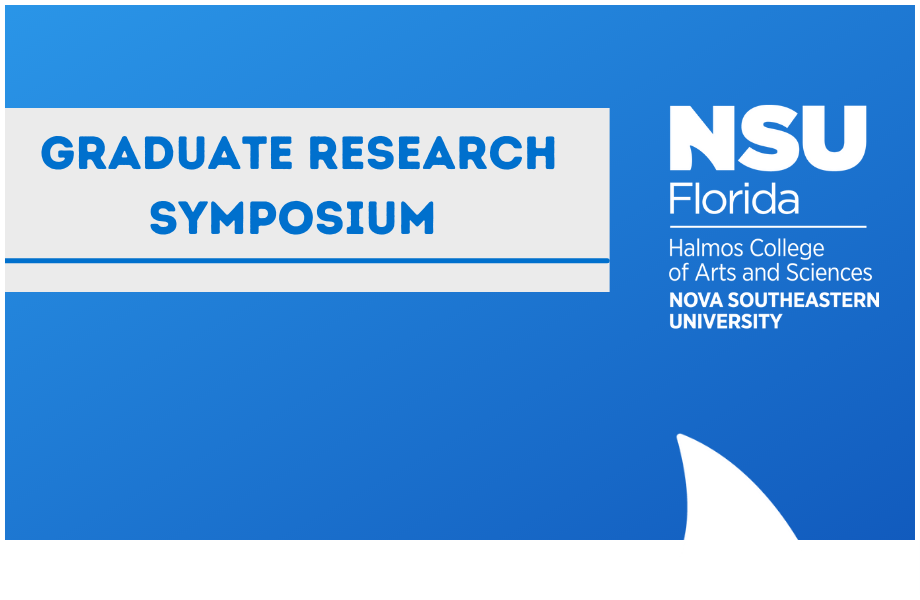2018 A History of Coral Research in the Galápagos Islands, Ecuador
Location
Guy Harvey Oceanographic Center Facility
Start
1-31-2018 2:45 PM
End
1-31-2018 3:00 PM
Type of Presentation
Oral Presentation
Abstract
This presentation summarizes the scientific knowledge of scleractinian corals in the Galápagos archipelago. A general introduction to coral biology is followed by a brief history of coral research in the islands. Subsequent sections discuss responses of corals to broad scale impacts, anthropogenic stress on Galápagos corals, and recommendations for management of this important resource. Following an initial period (1835-1960s) of cataloging the species present in the Galápagos Islands, research on coral ecology was initiated by Wellington in the 1970s. Glynn and Wellington more thoroughly examined the surprising abundance and distribution of corals and reef framework in the 1980s. Glynn and a variety of other workers then documented mass mortalities of coral from the 1982-1983 ENSO. Subsequent research focused upon this natural phenomenon and its effect on coral distribution, ecology and physiology. Most recently, resilience and recovery of coral populations was reported. Compared to most other regions, there is little anthropogenic impact to corals in the Galápagos Islands. However, climate change and ocean acidification have effects, and there is evidence of impacts associated with fisheries and tourism.
2018 A History of Coral Research in the Galápagos Islands, Ecuador
Guy Harvey Oceanographic Center Facility
This presentation summarizes the scientific knowledge of scleractinian corals in the Galápagos archipelago. A general introduction to coral biology is followed by a brief history of coral research in the islands. Subsequent sections discuss responses of corals to broad scale impacts, anthropogenic stress on Galápagos corals, and recommendations for management of this important resource. Following an initial period (1835-1960s) of cataloging the species present in the Galápagos Islands, research on coral ecology was initiated by Wellington in the 1970s. Glynn and Wellington more thoroughly examined the surprising abundance and distribution of corals and reef framework in the 1980s. Glynn and a variety of other workers then documented mass mortalities of coral from the 1982-1983 ENSO. Subsequent research focused upon this natural phenomenon and its effect on coral distribution, ecology and physiology. Most recently, resilience and recovery of coral populations was reported. Compared to most other regions, there is little anthropogenic impact to corals in the Galápagos Islands. However, climate change and ocean acidification have effects, and there is evidence of impacts associated with fisheries and tourism.


